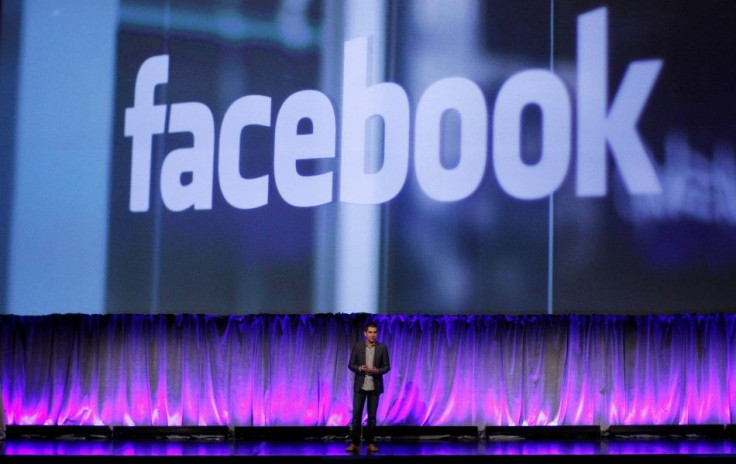Facebook IPO: Why Did Underwriters Boost Its Value?

A day before Facebook (Nasdaq: FB), the No. 1 social network holds its initial public offering, its 33 underwriters boosted the number of shares for sale by 25 percent, potentially valuing the deal as high as $19 billion.
If successful, the IPO for the Menlo Park, Calif., social website on Thursday could be the second-largest ever, leaving Facebook valued as high as $104 billion.
That's before public trading starts Friday on Nasdaq. If prior experience with Internet-based companies is any guide, Facebook shares could open much higher than $38. The sky's the limit.
To be sure, companies like Yahoo (Nasdaq: YHOO), the No. 3 search engine andGoogle (Nasdaq: GOOG), the No. 1 search engine hadn't had Oscar-winning movies made about them like The Social Network, which recounted how Mark Zuckerberg, a Harvard freshman from Dobbs Ferry, N.Y., started The Facebook in 2004.
So why did the principals, mainly Morgan Stanley (NYSE: MS), JPMorgan Chase (NYSE: JPM) and Goldman Sachs (GS) boost the IPO value a day before the actual allocation and pricing?
Here are some answers:
Huge demand. That's the obvious answer. Investment bankers report the Facebook IPO is way oversubscribed in Asia. Last week's U.S. roadshow was a hit. Many of Facebook's 901 million members probably want to buy in.
At the same time, some of Facebook's long-term investors, such as Accel Partners, boosted the number of shares to cash out. That may be desire to get a return after more than five years. But did they also perceive that Facebook's earnings and revenue pace will continue to fall?
Take advantage of a strong market. U.S. stock markets have been strong this year, although the Nasdaq's 20 percent gain for the first quarter has been eroded. As of Wednesday, its gain is a more modest 10.5 percent.
Still, because it had more than 500 shareholders, Facebook had to start reporting financial results anyway to the U.S. Securities and Exchange Commission. Going public is a way to make money on fees, brokerage transactions and new accounts for small investors.
But if Facebook's prospects are so good, why would some insiders such as Goldman Sachs and Russia's Digital Sky Technologies want out now, instead of staying in?
Last gasp of the PC era. Facebook, founded in the PC era, needs to adjust to the smartphone era. That explains recent acquisitions for more than $1.5 billion of companies such as Instagram, Glancee and assets of Lightbox.com as well as patents from Microsoft (Nasdaq: MSFT), the world's biggest software company, that came from AOL (NYSE: AOL).
At the new, higher price, Facebook could pull in as much as $4.6 billion in the IPO, plenty to tide it over for these, as well as to fund escalating research and development expenses.
But what about some other recent IPOs? Its gameplaying partner Zynga (Nasdaq: ZNGA) is trading at $8.23, compared with its December IPO price of $10.
Groupon (Nasdaq: GRPN), the daily deal site, is trading at $12.74, compared with its November IPO price of $20. The Chicago company also has said its financial reporting is defective.
Jive Software (Nasdaq: JIVE), the business social network site, priced its December IPO at $12 and now is trading at $19.23. But it reported its first-quarter revenue rose 58 percent and its net loss narrowed as it approaches profitability.
Fee-based opportunities. Wall Street isn't known for charity. The sole purpose of all participants is to make money. There will be a big party the next few days as Facebook sets its final price, subscribers get their allocations and Zuckerberg, in person or electronically, does some kind of media walk at Nasdaq Headquarters in Times Square on Friday. Next week, the shares will be in the accounts and the cash in Facebook's treasury, minus all the underwriting fees.
The next step will be to carefully monitor the true success of the deal. No matter what happens, it's already going to be historic.
© Copyright IBTimes 2024. All rights reserved.






















